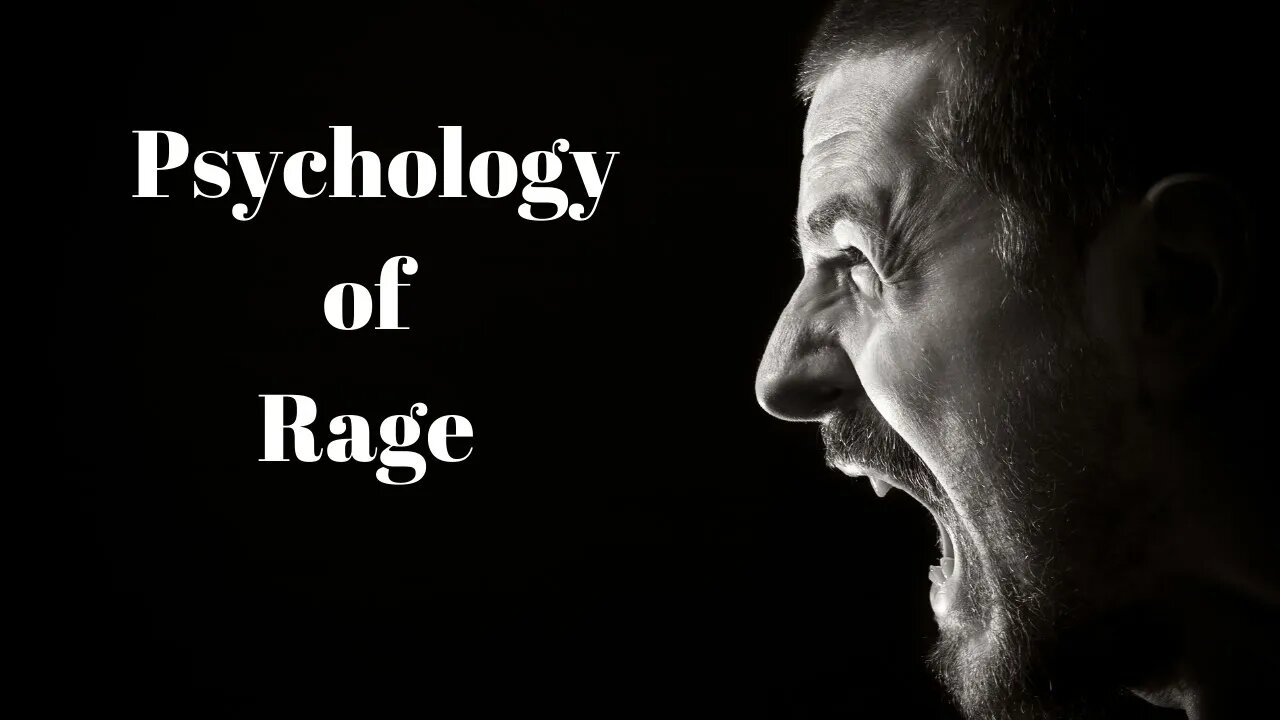Premium Only Content

Psychology of Anger : Pacer Integrated Behavioral Health
Dr. Dawn-Elise Snipes is a Licensed Professional Counselor and Qualified Clinical Supervisor. She received her PhD in Mental Health Counseling from the University of Florida in 2002. In addition to being a practicing clinician, she has provided training to counselors, social workers, nurses and case managers internationally since 2006 through AllCEUs.com Want to chat with me? Join me at https://members.docsnipes.com/ For $10/month you get access to my daily tips for health and wellness and you can text chat with me privately.
Video by Dr. Dawn Elise Snipes on integrative behavioral health approaches including counseling techniques and skills for improving mental health and reducing mental illness.
Please SUBSCRIBE and click the BELL to be notified when we release new videos and when Dr. Dawn Elise Snipes is going live each month. Access additional benefits by JOINING here https://www.youtube.com/channel/UCAE3JJi8tX7gfhZEXCUGd_A/join
Anger is part of the fight or flight response
Anger is a helpful emotion that serves to protect you from real and perceived threats causing a loss of a sense of safety and personal power/control
It exists on a continuum
When people feel like a threat is continuing, anger often escalates to rage.
When people are already on edge (HPA-Axis is activated), additional threats may result in an exaggerated anger response (proverbial straw)
People with a history of direct or indirect trauma or victimization may be in a perpetual state of hyperawareness/hypervigilance resulting in the flat and the furious
Physical
HPA-Axis activation
Sleep disruption
Changes in gut microbiome
Blood sugar disruption
Immune system suppression
Addiction
Impulsive Behavior
(Long term) Inflammation
(Long term) Exhaustion
(Long term) Rapid aging / oxidative stress
(Long term) Hormone disruption
(Long term) Hypothyroid
Affective
Irritability
Apathy
Emotional Reasoning
Cognitive
Negative emotional valence
Pessimistic perceptions
Extreme thinking
Cognitive inflexibility
Environmental
Hypervigilance
Relational
Withdrawal from “opposing” friends
Immersion with like minds
Physical: Regulate HPA-Axis activation
Breathe
Create physical safety
Address pain and sleep issues which contribute to HPA-Axis dysregulation
Minimize stimulants and alcohol
Meditation
Affective
Accept feelings nonjudgmentally
Do things that increase happiness (Live in the And)
Develop hardiness and an attitude of gratitude
#angermanagement #angercontrol #rage
Dr Dawn Elise Snipes provides training through AllCEUs.com that are helpful for LPC CEUs LMHC CEUs LCPC CEUs LSW CEUs LCSW CEUs LMFTCEUs CRC CEUs LADC CEUs CADC CEUs MAC CEUs MCAP CEUs NCC CEUS LCDC CEUs CPRS CEUs CTRS CEUs and HPCSA ACA #NBCC counsellors needing counselling continuing education counseling continuing education ceus for social workers social work ceus addiction counselor training counseling ceus continuing education training
NCMHCE addiction treatment, addiction recover,y mental health, anxiety relief, depression, motivation, mental health awareness, addiction awareness and integrated behavioral health approaches to treatment CEbroker CE broker @cebroker lpc ceus lmhc ceus lcsw ceus mental health mental illness
-
 52:04
52:04
DocSnipes
1 year agoRevealing How Neurotransmitters Influence Addiction Recovery and PAWS
224 -
 1:47:13
1:47:13
In The Litter Box w/ Jewels & Catturd
21 hours agoWe're Back - For Real! | In the Litter Box w/ Jewels & Catturd – Ep. 698 – 12/04/2024
46.7K18 -
 8:59
8:59
IsaacButterfield
14 hours ago $0.27 earnedVegan Booty Sued ($300,000!!)
4K -
 LIVE
LIVE
Barry Cunningham
4 hours agoTRUMP DAILY BRIEFING: Deep State Targets Pete Hegseth! But He WILL Be Confirmed!
1,490 watching -
 1:46:33
1:46:33
Darkhorse Podcast
5 hours agoThe 254th Evolutionary Lens with Bret Weinstein and Heather Heying
36.2K24 -
 1:40:46
1:40:46
The Quartering
5 hours agoCEO Assassinated In NYC, Supreme Court Rules On Trans Issue, South Korea & Pete Hegseth Attacks
75.8K70 -
 1:41:03
1:41:03
Film Threat
9 hours agoSKELETON CREW REVIEW! | Hollywood on the Rocks
8.58K -
 15:19
15:19
Silver Dragons
3 hours agoDealer Reveals Gold Silver Ratio "Trick" All Stackers Should Know
12K2 -
 59:37
59:37
PMG
18 hours ago $0.42 earned"The Hunter Biden Pardon & Freedom Brigades with Charity Linch"
7.6K1 -
 1:31:12
1:31:12
Mally_Mouse
1 day agoLet's Yap About It - LIVE!
24.7K